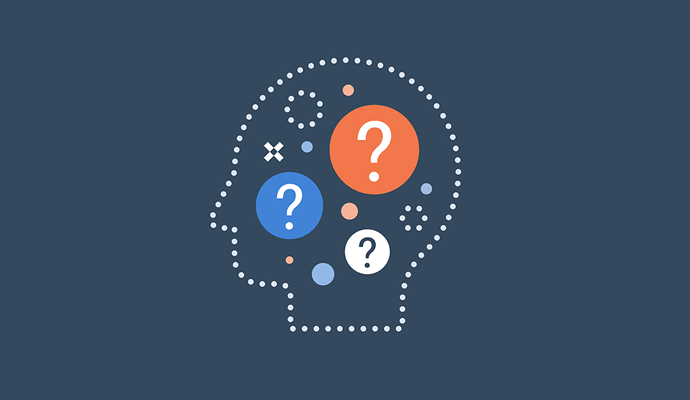GA Health System to Deploy AI-Based Alzheimer’s Detection Tool
Emory Healthcare plans to assess and deploy advanced digital technology to assist primary care providers in spotting and treating early-stage Alzheimer's disease and other dementias.

Source: Getty Images
- With the goal of improving the detection and treatment of dementia-related diseases, the Goizueta Institute at Emory Brain Health and Emory Healthcare began a collaboration with Linus Health to evaluate and implement advanced artificial intelligence (AI)-supported digital technology in its practices.
According to the Centers for Disease Control and Prevention (CDC), Alzheimer’s Disease is the top cause of dementia among older adults, affecting about 6.5 million people in the US.
The press release emphasized the benefits associated with the early detection of this disease, such as the ability to intervene quickly and treat conditions with higher rates of success.
Amid this prevalence of the disease, Emory Healthcare, like other providers, has been working to uncover new methods of early detection and treatment. In partnership with Linus Health, the health system will evaluate and operationalize the use of a digital cognitive assessment tool to detect cognitive impairment.
Emory Healthcare is a comprehensive academic health system in Georgia that includes 11 hospitals and over 250 provider locations. Linus Health centers its efforts around improving access to brain health services, focusing on the early detection of cognitive and brain disorders.
“Identifying new approaches to detecting brain diseases at their earliest stages is a top priority for the Goizueta Institute’s initiative for personalized brain health,” said Allan Levey, MD, PhD, founding director of the Goizueta Institute at Emory Brain Health and director of the Goizueta Alzheimer’s Disease Research Center at Emory, in a press release.
Through the new collaboration, the Goizueta Institute will begin using Linus Health's iPad-based cognitive assessment technology within the Seavey Clinic, Emory’s comprehensive internal medicine clinic. The technology, called Core Cognitive Evaluation, includes a digital, AI-enhanced version of the clock drawing test that has been the established method of determining cognitive impairment.
The technology also provides additional testing capabilities, integrated clinical pathway support, and lifestyle intervention resources for patients.
Before expanding to other sites, the organizations will first determine whether the new cognitive testing practice is effective within the Seavey clinic location.
“Primary care has long been the lynchpin for getting ahead of diseases, and diseases of the brain are no exception,” said David Bates, PhD, CEO of Linus Health, in a press release. “Emory Healthcare is a brain health pioneer and we are honored that they’ve chosen us to support their efforts to improve patients’ lives through earlier detection and intervention.”
Healthcare providers are increasingly interested in applying AI to cognitive disorder detection practices. For example, a partnership announced in April 2022 will focus on studying AI use in identifying patients with cognitive impairment who may be at risk of developing dementia.
The study will leverage Geisinger’s deidentified patient dataset to test the abilities of an AI algorithm, known as Passive Digital Marker, to detect cognitive impairment.
Researchers noted that many people with dementia do not receive a proper diagnosis and that using AI to detect the disease may lead to earlier diagnoses and treatment.
